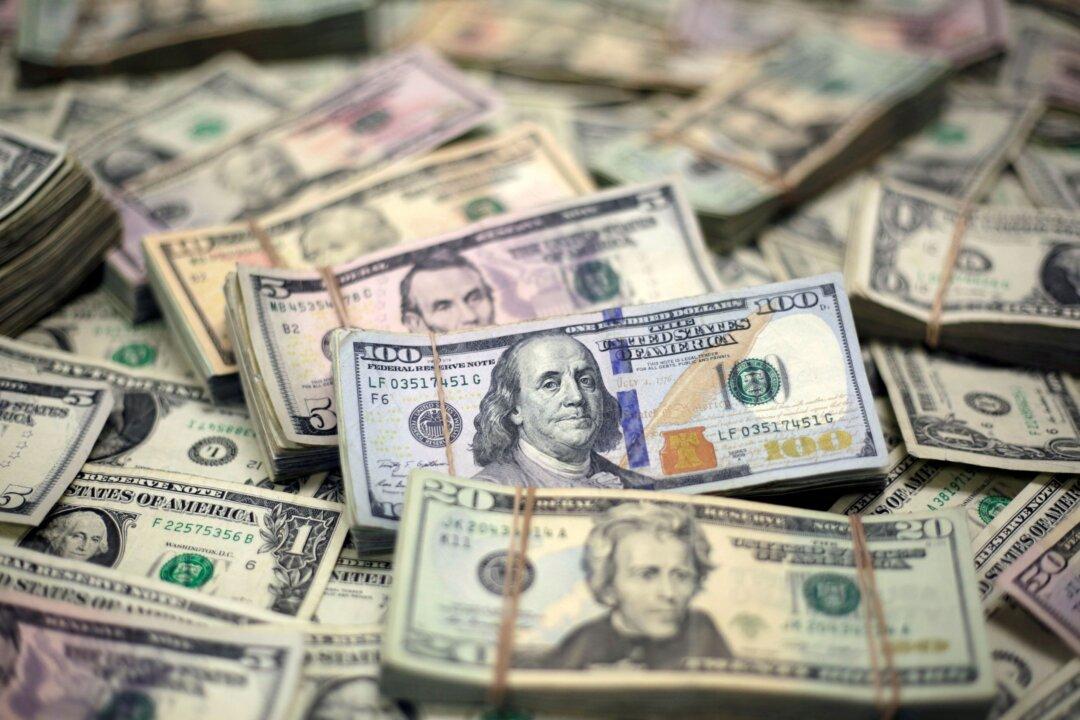LONDON—The dollar hovered above a one-week low versus major peers on Friday, taking a breather after its biggest drop in almost a month overnight, as questions lingered about the fate of property developer China Evergrande Group.
The yen fell to its weakest since mid-August as Treasury yields pushed to the highest since the start of July.





